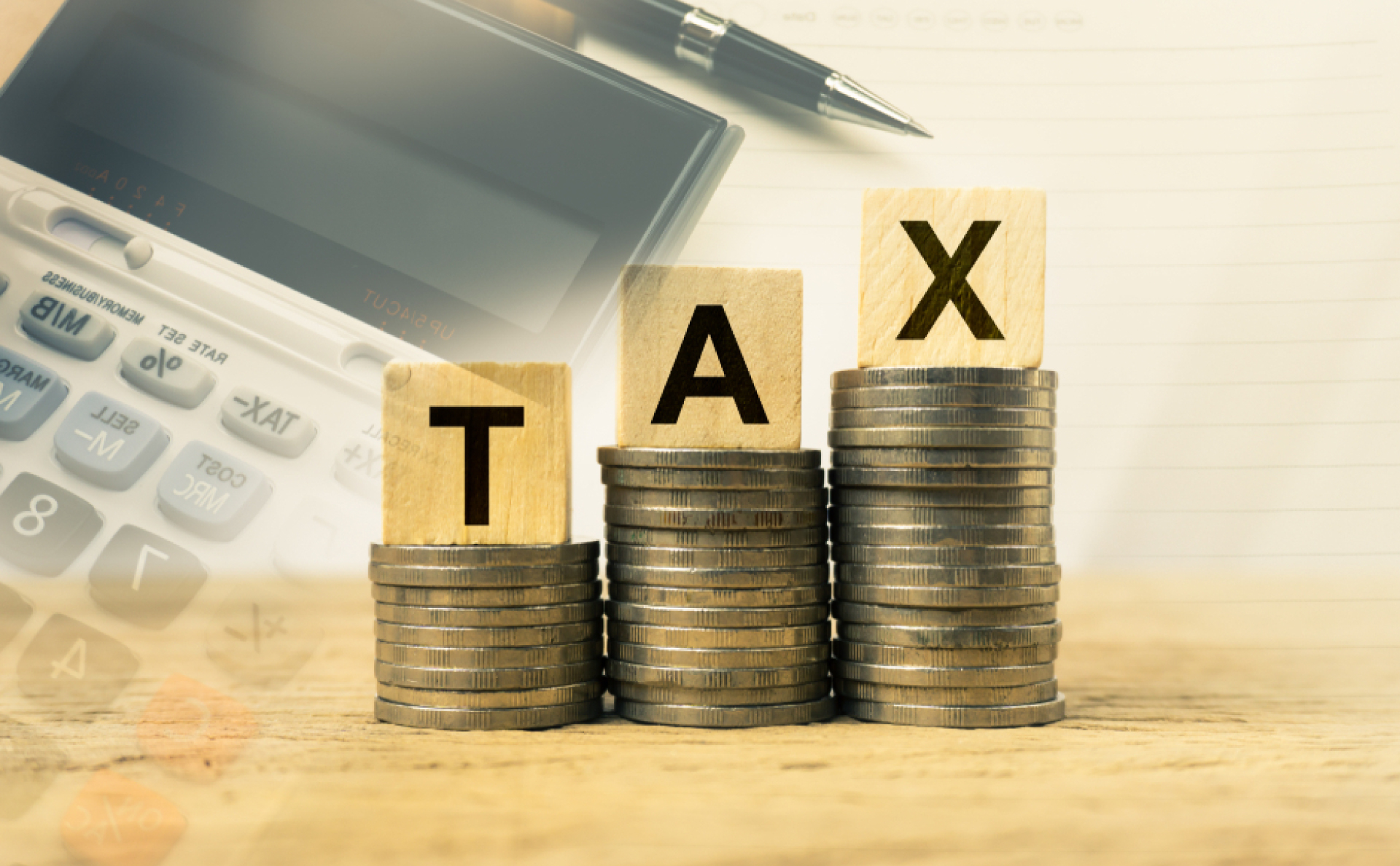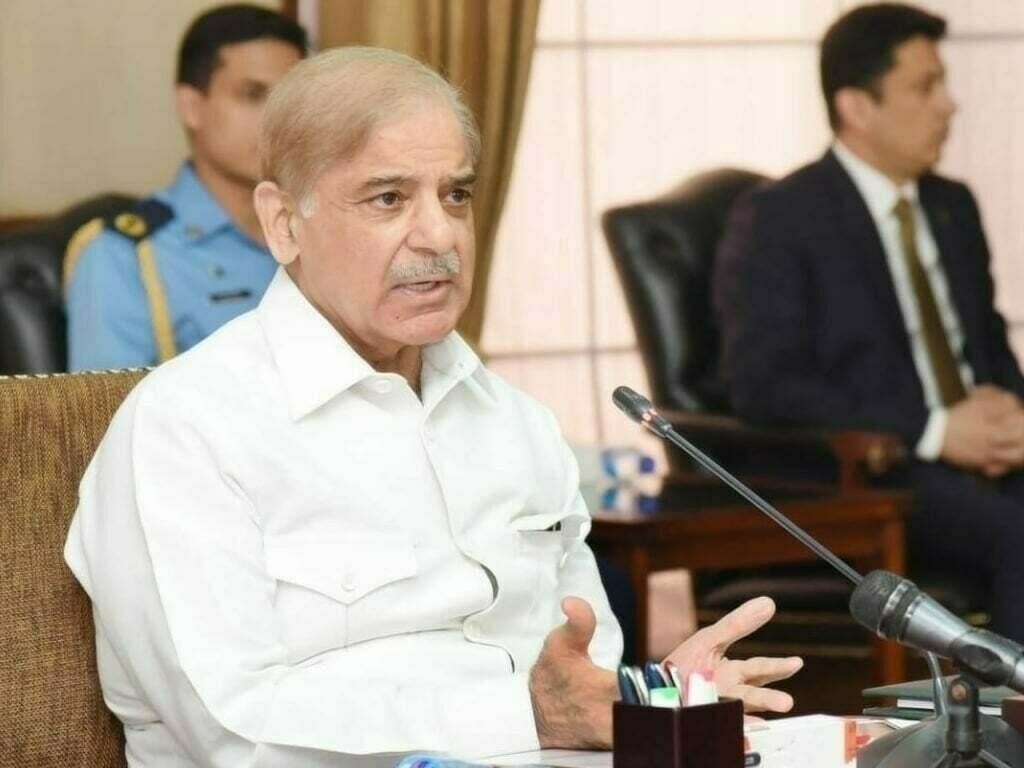Mohsin Siddiqui (Chief Reporter)
The Federal Board of Revenue (FBR) has taken a significant step towards simplifying the tax filing process for businesses across various sectors by reconstituting the Single Sales Tax Return (SSTR) Committee.
This move is aimed at ensuring the smooth development and implementation of a Single Sales Tax Return system for the services sector, banks, microfinance institutions, insurance companies, and other industries, thereby streamlining tax compliance across different sales tax jurisdictions. The initiative reflects the government’s efforts to enhance the ease of doing business in Pakistan and improve coordination between the federal and provincial tax authorities.
On Friday, the FBR issued an official notification reconstituting the Single Sales Tax Return Design, Development & Implementation Committee. This reconstitution aligns with the FBR’s broader objective of establishing a Single Portal for the filing of sales tax returns across all sectors and jurisdictions in the country. The initiative is particularly significant for sectors like telecommunications, where the Single Portal/SSTR has already been implemented, showcasing the system’s potential for reducing administrative burden and enhancing tax compliance.
The successful implementation of a unified tax return system across different sales tax jurisdictions requires the collaboration of federal and provincial authorities. According to the FBR, further support from provincial revenue administrations is essential to ensure the system’s smooth transition across all sectors by May 31, 2025.
The move toward a Single Sales Tax Return system is part of the FBR’s vision to streamline tax collection and promote transparency. The reconstituted committee has been charged with ensuring that the SSTR system will be ready for implementation by the set deadlines, with the development phase expected to be completed by December 2024.
This new portal is designed to ease the tax filing process for businesses operating across multiple jurisdictions, thereby enhancing efficiency and reducing the complexities of tax administration. By consolidating multiple tax filings into a single return, businesses will no longer need to file separate returns in each tax jurisdiction, allowing for a more seamless experience.
The Single Sales Tax Return Committee includes several high-ranking officers from the FBR and technical experts from Pakistan Revenue Automation Limited (PRAL), who will oversee the system’s design, development, and implementation. The committee is empowered to engage with various stakeholders, including provincial revenue authorities, businesses, and trade bodies, to ensure that the new system meets the needs of all involved parties.
The FBR emphasized the need for consultation with stakeholders to ensure that their concerns are addressed in the final system. The committee is tasked with holding discussions with representatives from trade bodies, taxpayer groups, and the field formations of the FBR and Provincial Revenue Authorities (PRAs) to gather input and feedback.
The FBR’s strategy focuses on ensuring that the new system not only simplifies the tax filing process but also addresses the unique challenges faced by different sectors. This will make it easier for businesses to comply with tax regulations and for tax authorities to enforce compliance.
The Terms of Reference (TORs) for the committee are broad, encompassing everything from outreach with the business community to the supervision of software development and testing of the new system. Key tasks for the committee include:
Engagement with trade bodies and chambers of commerce to ensure a smooth transition. consultations with taxpayers and PRAs to address concerns and optimize the new system.supervision of software development by PRAL, ensuring the system meets technical and user requirements.management of the transition from the existing sales tax return system to the Single Portal for all sectors.
The supervisory team includes senior FBR officials such as Ardsher Saleem Tariq (Member, Reforms & Modernization) and Aamer Amin Bhatti (Chief, ST&FE Policy Wing), who will ensure that the system’s development is on track.
The FBR has also established an Implementation Team to oversee the development and rollout of the SSTR system. This team is headed by Zain-ul-Abidin Sahi (Chief, IT Systems), with other members including FBR officers and PRAL technical experts, such as Mahwish Khan (Second Secretary, Business Process Reengineering) and Fariduddin Khan (Second Secretary, Withholding Tax). Their responsibilities include ensuring that the software developed by PRAL meets the needs of the various stakeholders and is tested thoroughly before deployment.
To further support the transition, a Coordination & Support Team has been formed, comprising members like Muhammad Khalid Jamil (Director, Pakistan Raises Revenue Program) and Sadia Akmal (Additional Director, Coordination & Internal Communication). Their role is to ensure effective communication and support between the FBR, provincial authorities, and businesses.
One of the key challenges in the development of a unified Single Sales Tax Return system is the coordination required between the federal government and the provincial tax administrations. The FBR has emphasized that cooperation with the provinces is critical to ensuring that the new system is implemented across all tax jurisdictions by the deadline of May 31, 2025.
The committee will be working closely with the provinces to ensure that the system meets the needs of businesses operating in different regions. This includes holding consultations with Provincial Revenue Administrations (PRAs) to ensure a smooth transition and the development of user-friendly tax filing systems for all sectors.
The FBR’s efforts to introduce a Single Sales Tax Return system are a significant step toward simplifying tax administration in Pakistan. By reducing the complexities of filing taxes across different jurisdictions and sectors, the new system is expected to improve compliance, reduce the administrative burden on businesses, and enhance transparency.
As the FBR continues to develop and implement this system, businesses, particularly in the services, telecom, and banking sectors, are expected to benefit from a more streamlined tax filing process. The involvement of key stakeholders from both the public and private sectors will ensure that the system is user-friendly and meets the needs of all parties involved.
The success of the Single Sales Tax Return initiative will be a crucial part of the FBR’s broader tax reform agenda, aimed at improving the ease of doing business in Pakistan and increasing tax compliance across the board.



